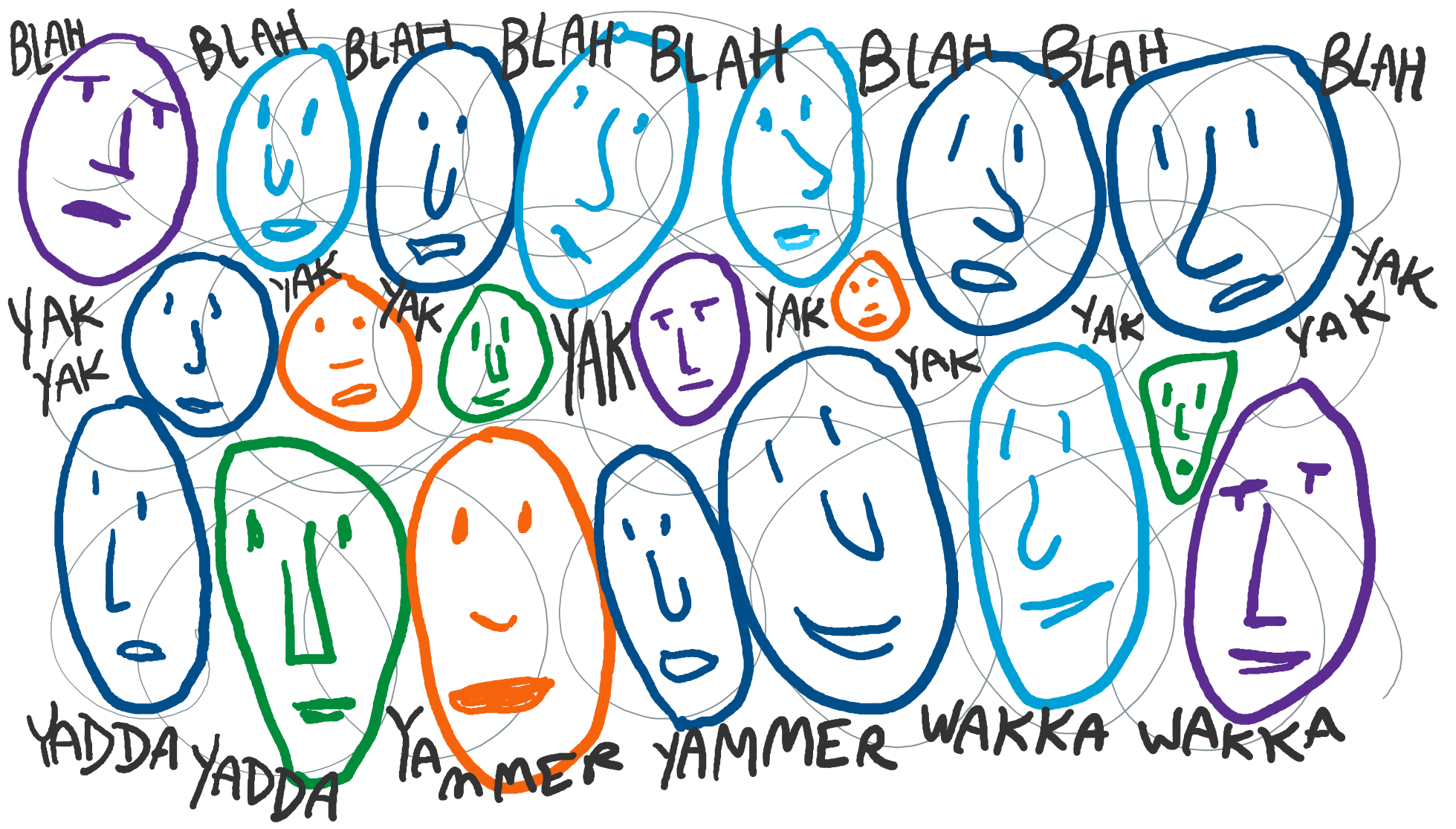A Few Words about Accountability
Accountability is a really good thing, correct? Organizations would perform so much better if they had a culture of accountability. Managers who hold their direct reports accountable are practicing tough love, and if they actually hold themselves accountable, you could call that tough narcissism.
But like almost all cliché business concepts, the notion of accountability frays under scrutiny. (A favorite example is “authenticity” which just goes POOF as soon as you pronounce the word.) Often the individual that is typically held accountable in an organization is the one who made the final mistake or was in the room when that last error was made. But is she really the one who should be held accountable? Or did she just play business musical chairs badly, ending up the victim of someone else’s incompetence or, more often the case, of a poorly-designed system or process arrayed for failure. Too often the individual held accountable may have, at best, made the last mistake but was not responsible for the chain of events that led to it.
An example from a friend who works in health care: The new appointment system implemented in their office leaves much to be desired. The employee responsible for scheduling appointments has too much work for one person and is also expected to triage questions from often anxious patients. One exasperated and ill-served patient files a formal complaint. The employee is dressed down. She is held accountable, but not the individuals who chose the new software system or the managers who did not hire sufficient staff.
This pattern is repeated over and over in government and business. The key to effective accountability (more on that later) is to identify the event, the decision, the process that made a mistake inevitable. This is, however, excruciatingly difficult. Systems are complex and people even more so. Today is the 21st anniversary of September 11, 2001 and I don’t think we can identify the inevitable failure point. Was it when airport screeners failed to stop the hijackers or when Washington DC ignored the warnings of FBI agents of unusual students at flight training? Or was it when we failed to capture or kill Osama bin Laden when we had the chance? Or when the US decided to train mujahideen to fight the Soviets in Afghanistan?
Rebels at Work have a role to play in helping organizations practice effective accountability. The ways in which accountability are pursued today tend to disadvantage the lowest-ranking person in the hierarchy and the employee being asked to perform miracles with scarce resources. First-line managers are pilloried for implementing flawed processes they had little role in designing. When Rebels look to suggest improvements in how work is done, they need to exercise due diligence in charting as best they can the causality chain for outcomes. Simplistic solutions are likely to make things stickier, not better. Engage your colleagues in conversations about the many threads that lead to both good and bad outcomes. You will come across as a more credible advocate for the organization’s mission and its people when you don’t portray yourself as the person with all the answers. Successful rebels are unlikely to have all the answers, but they should be the ones to help the organization ask better questions.
Instead of immediately pursuing accountability and “gotcha” management, everyone would be better-served by seeking to understand the dynamics of causality in complex organizations. Progress will be slow but, shall I use the word, “authentic.”




